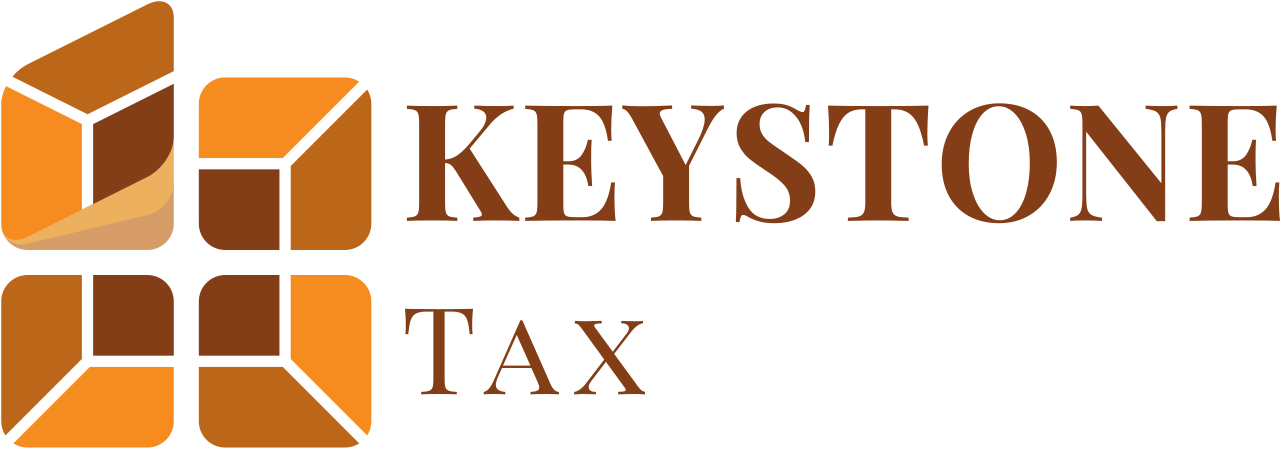FAQ
-
Social Security Taxation
For federal taxes, some people don't know that Social Security can be taxable in retirement. How much is taxed depends on your provisional income, which is 50% of your Social Security plus all other income like pensions, IRA withdrawals, or rental income. Depending on your provisional income, 0%, 50%, or up to 85% of your Social Security may count as taxable income. It's important to keep track of this.
-
Estimated Taxes
Usually, people who are self-employed, earn rental income, or have high interest or dividend income need to pay taxes every three months. This is because they don’t have taxes taken out like a regular paycheck. If they don’t prepay, they may get fined by the IRS or state. To figure out how much to pay, we estimate your yearly income, calculate the taxes, then split that amount into four payments due throughout the year.
-
Tax Credit vs. Tax Deduction
A tax deduction reduces the income that is taxed, like donations or mortgage interest. This lowers your taxable income.
A tax credit lowers the actual taxes you owe, which is usually more helpful. For example, the child tax credit cuts your taxes directly, dollar for dollar.
-
Traditional IRA vs. Roth IRA
You can generally invest in anything you want in these accounts. A traditional IRA lets you deduct your contributions on taxes, the money grows tax-free, but when you withdraw, you pay taxes on both the original amount and the growth. A Roth IRA doesn’t give you a tax deduction when you contribute because you use after-tax money. However, the growth and withdrawals are tax-free.
In short:
Traditional IRA = tax break when you put money in, taxed when you take it out.
Roth IRA = no tax break when you put money in, but tax-free growth and withdrawals.
-
Standardized vs. Itemized Deductions
The IRS offers two choices for your tax return. You can take the standard deduction, which is about $14,000 to $15,000 if you file alone, or around $29,000 to $30,000 if you file jointly as a married couple. This deduction lowers your taxable income.
If you have high costs like mortgage interest, medical bills, property taxes, or charitable donations, you might choose to itemize these expenses instead. Itemizing helps if these costs add up to more than the standard deduction, giving you a bigger tax deduction and reducing your taxable income.
-
1099 Reporting Requirements
When do you need to issue a 1099 for subcontractors?
If you pay a subcontractor $600 or more, you must send them a 1099 form. This applies only if they are an individual, a single-member LLC, or a partnership. Corporations do not need to receive a 1099.
The subcontractor must have provided services to you.
If you pay them by check, card, or cash, you need to report it with a 1099. But if you pay them through payment services like PayPal, and they meet the new 1099-K rules, you do not need to issue a 1099.
New Book
New Book
The Journey Ahead, written by seasoned financial advisors Couture and Becker, addresses what they see as a pervasive crisis of financial illiteracy sweeping across America, from the heartland to the coasts. Their book empowers readers with the tools and knowledge to plan for a more secure financial future and confident retirement. With a heartfelt motto, “you have the power to change your story,” they shed light on some of the common financial pitfalls that plague many and offer actionable strategies.
Tax Savings & Solutions
Our tax experts have the skills and know-how to make sure you meet all your tax obligations without paying a penny more than you owe. If you have tax problems, we'll help you resolve them and get a fresh start.
Integrity & Responsibility
Trust is the cornerstone of a successful business or financial relationship. From providing honest advice based on sound analysis to saving trees with paperless options, we hold ourselves to the highest standards of client service. That means peace of mind for you.
Peace of Mind
Whether it's family financial security or the ongoing growth of your business, long-term success comes only with in-depth analysis and careful planning. We have the knowledge and expertise to set you on a solid path toward your goals, so you can relax.




